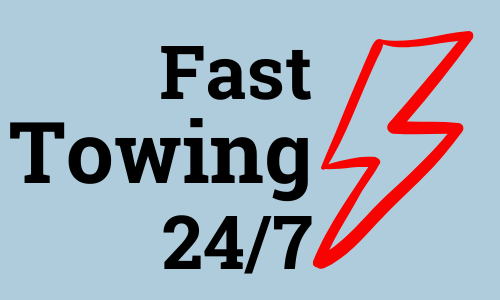'We're giving you a deal,' tow trucker tells driver after demanding $250 to remove 2 boots
STATE lawmakers are working on a bill that would require towing and booting companies to work under stricter limits to stop bill bloating.
The Wild West that towing has become in the Southeast could be coming to an abrupt end with a restrictive law against tow drivers.
A driver in North Carolina had a negative experience with a booting team who attempted to charge her $250 to remove parking bootsCredit: Action 9A new law that would span across the state would place limits on towing and booting companies to avoid that happening againCredit: Gettytowing companies would have to apply for annual operating permits and provide much more information with every jobCredit: Getty
After several complaints from drivers about booting teams and towing companies overcharging for their services became abundant across North Carolina, state lawmakers decided it was time to act.
Laura Budd, a state representative and primary sponsor of the bill, said there are stricter regulations on becoming a barber.
"You have to have more training and certification to be a barber in the state of North Carolina than you do a tow truck driver," she told ABC affiliate WSOC-TV.
"Just pause a second and think about that piece."
Kyrah Radney's booting incident would be the sort of scenario the bill would stop.
She parked her car in what she thought was a safe space to park in - but came back to find two parking boots securing her vehicle.
The booting team told her she was "lucky" she was being charged $250.
"He was like, ‘It will be $250, but we’re saving you a deal because, if we towed you, it would be $350,’" she recalled.
"I'm wondering how they came up with their pricing."
Instead of arguing about the price, she reluctantly paid the hefty bill, but couldn't stop thinking about other drivers who wouldn't have been able to meet that mark.
‘There was only a cone,’ fumes driver after her car was towed under rare law – she had photo proof & cut fine in half
"I’m thankful that I had that to pay that, but I know that a lot of people wouldn’t have $250 on hand to get the boots off their cars," she said.
The new law would require booting and towing teams to provide ruling agencies with more information on their tow jobs to ensure everything has a paper trail.
Information such as the exact location of the tow, where it was towed or booted, vehicle make and model, and exact fees.
What to do if your car is towed
Wrongfully or not, retrieving a towed vehicle can be a hassle.
If your vehicle is towed after parking in a "No Parking" zone or other legitimate reason, there are a few steps to take to get it back.
Steps to take when your car is towed:
Try to figure out why your car was towed. Did you not see a posted "No Parking" sign? Did you miss a car payment? Did you return to a lot where you have unpaid citations? Finding the reason can narrow down the phone numbers to dial.
Locate the vehicle. Most states, cities, or counties require towing companies to leave some form of contact information via a posted sign or sent by mail.
Recovery dates and times depend on the company that towed the vehicle, but those times will be posted to the website or can be recited by a representative.
Pay the fees. Be careful to be as prompt as possible, as some tow yards may charge storage fees by the day.
If you feel your vehicle was wrongfully towed, contesting the action can be done with the following steps:
Be prompt - many states have a small window of time where it's acceptable to file a complaint against a company that wrongfully towed the vehicle.
Gather supporting documents: photos, emails, receipts, police reports, and witness statements if applicable. The more evidence, the better.
Get familiar with your local laws, as laws for towing companies vary per state.
Try speaking with the towing company. Sometimes it may have been a simple oversight, and the matter can be resolved quickly.
Contact the Justice of the Peace in your area, as they may have more insight or resources to help. They are often utilized for towing cases.
Talk to a lawyer. Many lawyers have free case consultations, and depending on the case, it may be worth it to utilize a lawyer.
Source: Oregon Department of Justice, National General, Rak Law Firm
A permit would need to be renewed annually, meaning an application and evaluation of the company would be done.
Clear signage would need to be posted regarding parking rules, and towing companies wouldn't be allowed to tow a vehicle for more than 25 miles.
Most importantly, Budd noted an important part of the bill would include a maximum fee for different types of tow jobs.
State lawmakers will be meeting to discuss the bill soon, and if passed, will go into effect December 1.
